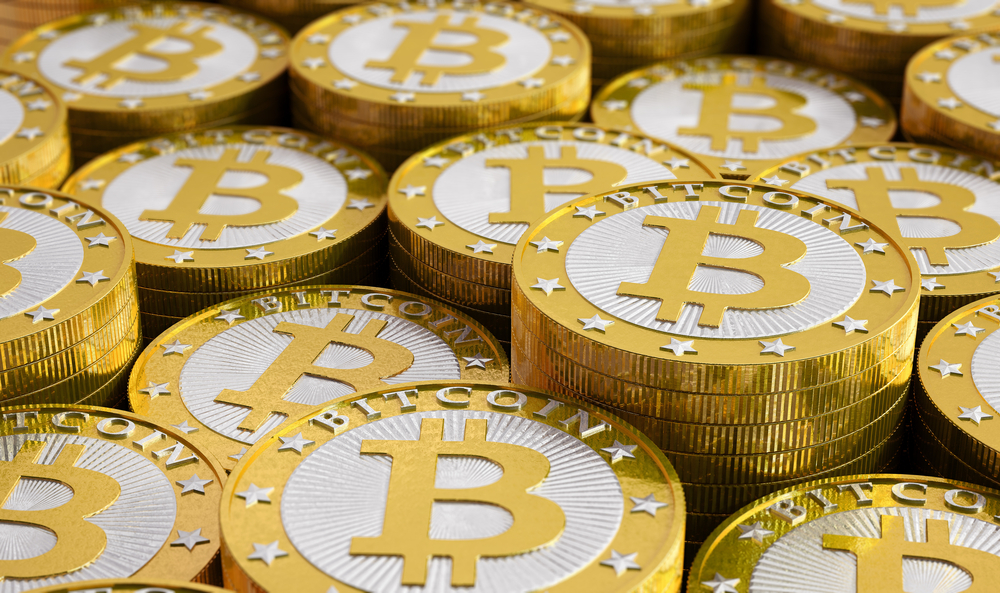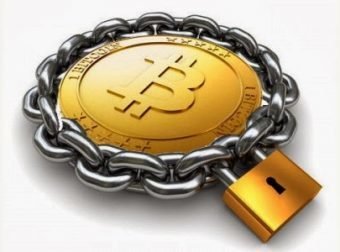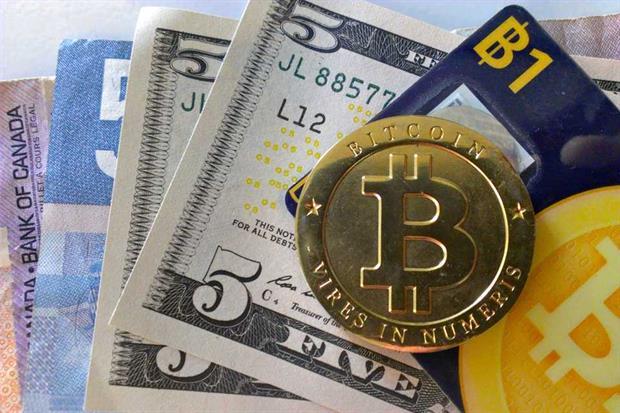Bitcoin: The financial world on the edge of nervous attack
Bitcoin: The financial world on the edge of nervous attack
Bitcoin: the financial world and Nobel prizes on the verge of a nervous breakdown
The cryptocurrency touched a price of US $ 17 thousand. The development of digital currencies.
Does the financial paradigm change?

Until Thursday, December 7, Bitcoin had increased its price by an exorbitant 2,045% in twelve months, bordering the US $ 17 thousand. In the last week its increase was an incredible 70%.
On Friday, hackers stole from the Slovenian platform NiceHash U $ S 63 million in bitcoins, causing their price to fall, but then the cryptocurrency regained ground.
It is generating a gigantic bubble that is enlarged with the announcement of the launch of future contracts linked to Bitcoin in the United States.

Bitcoins are causing a stir among some Nobel laureates in economics and in the financial world.
Joseph Stiglitz, former World Bank economist and Nobel laureate in 2001, called for the banning of Bitcoin because it facilitates illegal operations. And he affirmed that if he had greater controls "he would simply collapse".
The economist warned of the use of bitcoins in the "Business Daily" program of the BBC. "Why do people want bitcoins?" Stiglitz inquired. And it was answered: "The real reason why people want an alternative currency is to participate in vile activities, money laundering, tax evasion."
"A giant scam is about to explode in the face of so many people," Stiglitz warned.
In a note published by the Financial Times, Frenchman Jean Tirole, also a Nobel laureate in economics in 2014, says he is not skeptical of the blockchain, the technology on which bitcoin works: "This innovation is welcome and has useful applications, including the fast and automatic execution of smart contracts, what worries me are the cryptocurrencies themselves. "
For Tirole "Bitcoin is a pure bubble, it is an asset with no intrinsic value, its price will fall if confidence vanishes." Undoubtedly, there are certain successful and lasting bubbles: gold (whose value far exceeds the price that would be obtained). if it were treated as raw material and for industrial / decorative purposes) or even the dollar, the pound or the euro ".
"Bitcoin can be a libertarian dream, but it is a real headache for anyone who sees public policy as a necessary complement to market economies, and it is still used too much as a route for tax evasion or money laundering. How are they going to implement countercyclical policies in a world where money is private? "Tirole asks. At the same time, it warns about the use of other financing instruments that companies are resorting to, evading state regulation.
Passport to the financial world
The commotion caused by the use of bitcoins reaches the financial world that is supposedly threatened by its monopoly on the issuance and monetary circulation of digital currencies.
The use of bitcoins is not regulated by any national or international authority, such as the Central Bank of a country or multilateral organizations, a very important factor that is behind the alert of economists and the financial system.

owever, in 2016 the Commission for the Trade of Futures of Merchandise (CFTC, by its acronym in English) of the United States decided that the bitcoins are a raw material (commodity) and that it would remain under its regulation the use in that country.
The CFTC authorized the issuance of futures contracts starting next Monday from the stock exchange platform of the Chicago Board Options Exchange (CBOE), something that also recently launched the Chicago Mercantile Exchange (CME), one of the largest stock exchanges. of the world.

The attractiveness of bitcoins is such that even Goldman Sachs was willing to mediate their transactions.
In Argentina, the Rofex would be on track to announce a bitcoin custody service jointly with the Caja de Valores.
But critical voices also come from within the financial system. The FIA, an association of stock exchanges and derivatives, warned that the bet on bitcoins is too risky. Is that the number of bitcoins in circulation is limited, so the rise in demand artificially inflates its value.
The accelerated demand of recent months raised the capitalization of Bitcoin to US $ 256 billion, surpassing the value of many multinationals, such as Coca Cola.
These futures are going to be interesting for BTC. On one hand it introduces BTC to a whole new group of investors. On the other, it is a step in the opposite direction of Satoshi Nakamoto's ideologies of BTC...an international currency with no boundaries, universally accepted by all people, free from the chains of central planners and governmental control.
You are right, but the only thing that is certain is that BTC will continue to increase in price.
I hope the cryptocurrencies will replace fiat, without banks and the corrupt governments. No fees, taxes or commissions.